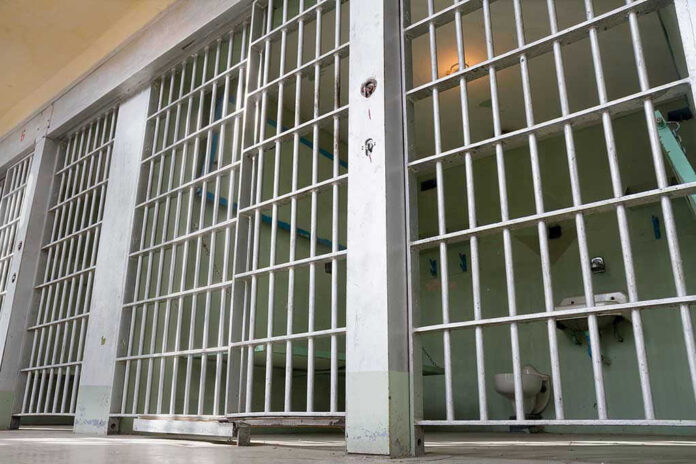
A Tennessee death row inmate’s indecision revives debates over execution methods amidst a controversial legal backdrop.
Story Highlights
- Harold Wayne Nichols, convicted of murder, has until November 24, 2025, to choose his execution method.
- Nichols initially selected the electric chair in 2020 but now defaults to lethal injection.
- Concerns over Tennessee’s lethal injection drugs prompted a 2022 investigation.
- Tennessee’s updated protocol now uses a single drug, pentobarbital, under legal scrutiny.
Nichols’ Execution Dilemma
Harold Wayne Nichols, convicted of the horrific 1988 rape and murder of a Chattanooga student, faces execution on December 11, 2025. Initially opting for the electric chair in 2020, Nichols’ choice was delayed due to the COVID-19 pandemic.
Now, by default, his execution will proceed via lethal injection unless he reverts his decision by November 24, 2025, highlighting ongoing controversies in execution methods.
Tennessee death row inmates convicted before 1999 can choose electrocution over lethal injection, although few have. Nichols’ initial choice for electrocution reflected concerns over Tennessee’s lethal injection protocol, which critics argued was flawed.
These concerns prompted Governor Bill Lee to halt executions in 2022 for an independent review, confirming improper testing of drugs used since 2018.
Tennessee death row inmate declines to chose between the electric chair and lethal injection https://t.co/rm8Q2buboY pic.twitter.com/IdtUjnVIYS
— The Independent (@Independent) November 11, 2025
State’s Execution Protocol Under Scrutiny
The investigation led by former U.S. Attorney Ed Stanton revealed significant procedural flaws, prompting Tennessee to revise its execution protocol. In December 2024, the state adopted a new protocol using pentobarbital, a single-drug method.
Legal challenges quickly followed, with multiple inmates filing lawsuits against the new protocol. These lawsuits underscore persistent concerns about the efficacy and ethics of lethal injection, though these legal proceedings will not commence until April 2026.
The electric chair remains an option in several states, including Alabama and South Carolina, where it is the default method if lethal injection drugs are unavailable.
Despite its limited use, the electric chair symbolizes a complex legal landscape surrounding capital punishment in the United States, where debates over humane execution methods continue to evolve.
Broader Implications for Capital Punishment
Nichols’ case underscores the broader implications of capital punishment debates. His initial selection of electrocution reflects deep-seated issues with lethal injection protocols, which have faced increasing scrutiny.
While Nichols expressed remorse during his trial, admitting he might have continued his violent acts without arrest, the ethical questions surrounding his execution method remain. This ongoing debate highlights the need for transparent and ethical practices in capital punishment, a critical issue for many Americans.
The controversy over execution methods in Tennessee reflects a broader national conversation about the ethics and efficacy of capital punishment. As states grapple with legal challenges and public opinion, the future of execution protocols remains uncertain, raising fundamental questions about justice and human rights.



















